An X-ray machine isn’t always necessary to image a broken bone. In an article published in the Queensland government’s healthcare site Gold Coast Health, Dr. Peter Snelling of Gold Coast University Hospital explains how he uses ultrasound to identify bone fractures in children. Dr. Snelling was granted a $159,000 grant to compare ultrasound and X-ray imaging for buckle fractures. Local Queensland news station Channel 9 also reported on Dr. Snelling’s work. Dr. Snelling uses a SonoSite X-Porte in the video.
In the first trial of its kind, a bedside ultrasound study based at Gold Coast University Hospital could spell the end of unnecessary x-rays for children presenting with suspected forearm fractures.
Principle Investigator Dr Peter Snelling was granted $159K by the Emergency Medicine Foundation (EMF) to carry out the multicentre trial that will compare the use of portable ultrasound and x-ray imaging when diagnosing ‘buckle fractures’ in children.
The trial will assess whether an x-ray is unnecessary when there is either a buckle fracture or no fracture seen on a portable ultrasound machine.
Dr Snelling said it was good news for multiple children who present to emergency departments with forearm injuries each day.
“Due to the soft and plastic nature of the bones in young children, injuries can cause their bones to bend, known as a buckle fracture,” Dr Snelling said.
“Children frequently present to the ED with forearm injuries and often have an x-ray to assess if there is a fracture.
“Bedside ultrasound is very gentle on the patient as it only requires light touch and manipulation of the forearm and has similar accuracy to x-rays when detecting forearm fractures in kids.”
Dr Snelling said not only can emergency physicians use the test to rapidly diagnose and treat children on the spot, but it also illuminates the need to expose young patients to ionising radiation.
“If we can rule out unnecessary x-rays, we can get the patient back home sooner, which is a win for the patient and their care givers and helps to improve bed flow in our EDs.
“We’ll also assess other potential benefits to the health system such as time and cost savings from patients being able to go home sooner and less x-rays being ordered.”
The multicentre, open-labelled diagnostic randomised controlled trial will be run in collaboration with Griffith University, and the Ipswich, Sunshine Coast University and Queensland Children’s hospitals.
The EMF research grant was funded by Queensland Health.


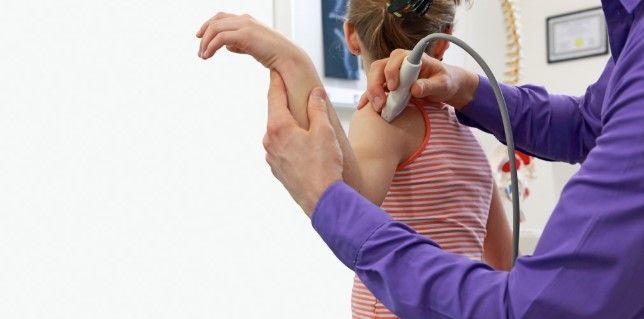



-160x160-state_article-rel-cat.png)




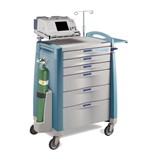

-160x160-state_article-rel-cat.png)



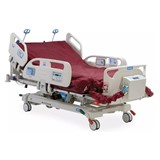

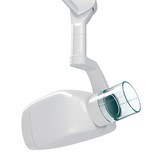
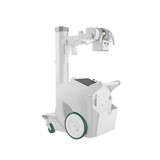

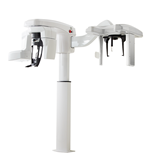
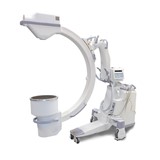

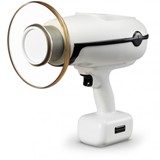
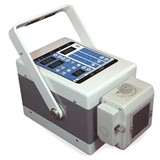
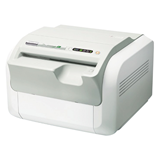
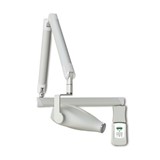
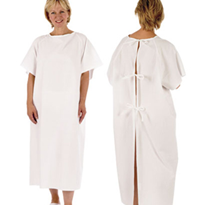










-205x205.jpg)
